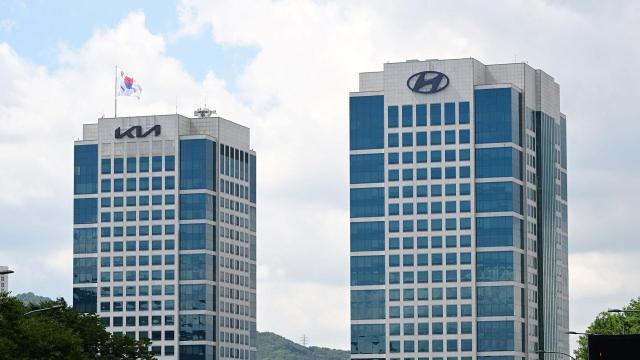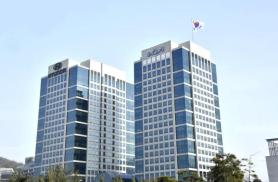
SEOUL, July 21 (AJP) - Hyundai Motor Group could lose up to $1.95 billion in U.S. electric vehicle sales following the enactment of Trump’s sweeping tax legislation, the One Big Beautiful Bill Act (OBBBA), according to the Federation of Korean Industries.
The OBBBA, which took effect on July 4, abruptly ends key clean energy incentives introduced under former U.S. President Biden, including the $7,500 federal EV tax credit. The phase-out — now set to conclude by September, more than seven years ahead of schedule — threatens to upend Hyundai’s electric vehicle strategy in the world’s second-largest auto market.
According to the FKI analysis, Hyundai’s U.S. EV sales could drop by as many as 45,828 units, a 37 percent decline from its 2024 sales of 123,861 units. The projected sales slump would translate to revenue losses of nearly $2 billion.
The five affected models — the Hyundai Ioniq 5 and Ioniq 9, Kia EV6 and EV9, and Genesis Electrified GV70 — had only recently become eligible for the federal tax credit in January, raising hopes for a surge in demand. But the rollback of incentives under the OBBBA has heightened investment risk and clouded Hyundai’s longer-term outlook in the United States.
“The legislation reflects Trump’s broader policy pivot,” the FKI said in its report, “which includes aggressive fiscal retrenchment, a hard line on border security, and a clear reversal of Biden-era clean energy policies.”
The new law compounds mounting pricing pressures for Hyundai, which has already signaled it will postpone any near-term price hikes in the U.S. market.
A report from DB Financial Investment suggested the company plans to sustain its pricing strategy and continue expanding market share through year’s end by drawing on its more than 30 trillion won ($21.6 billion) in accumulated cash reserves.
Hanwha Investment & Securities analyst Kim Sung-rae estimates that tariffs imposed on 28 percent of Hyundai’s U.S. sales — roughly 1 million units in total — could add more than 2.6 trillion won ($1.87 billion) in costs this year alone.
“Profitability is set to deteriorate further in the second half,” Kim warned, citing both the expiration of tax credits and elevated tariff burdens as key threats to margins.
That pressure is already becoming evident in the company’s second-quarter performance.
Hyundai’s sales for the quarter are expected to reach 46.52 trillion won, a modest 3.3 percent year-on-year increase, while operating profit is forecast to decline by 17.4 percent to 3.53 trillion won. Kia, its sister brand, is also expected to post a 17.6 percent drop in operating profit for the same period.
In response to the shifting policy landscape, Hyundai and Kia are preparing to hold a global regional headquarters meeting later this month.
Copyright ⓒ Aju Press All rights reserved.



